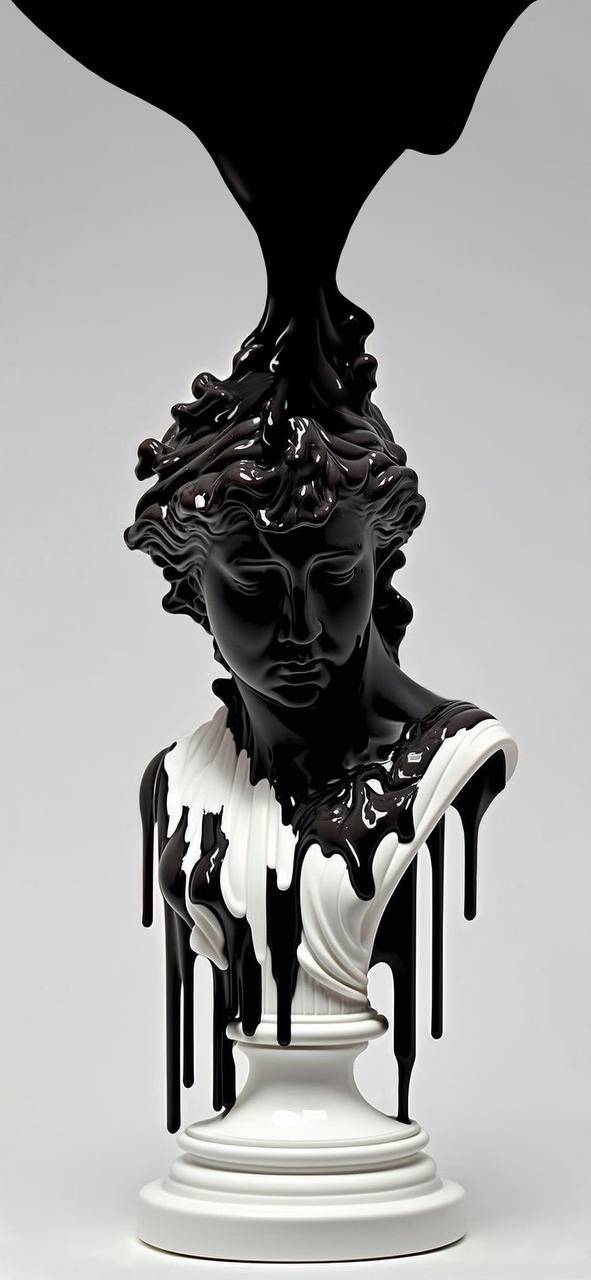Cuti Romero: Flashing the World Cup Badge Sparks Controversy
Cuti Romero found himself at the center of attention during Argentina's recent clash with Colombia, after showing off his World Cup winner’s badge to the Colombian fans. The gesture, seemingly meant to boast Argentina's triumph in the 2022 FIFA World Cup, stirred mixed reactions among football enthusiasts. While it was likely intended as a playful response to the hostile atmosphere in the stadium, it was seen by some as disrespectful, reigniting debates about sportsmanship and the emotional toll of Argentina’s World Cup victory.
Romero’s gesture didn’t sit well with a section of football fans who felt that his contribution to the World Cup win was not as prominent as those of Messi or Di Maria. One user commented, “Romero didn’t do anything in that World Cup,” implying that Romero was not in a position to flaunt the victory badge. While this is arguably harsh, given Romero’s pivotal defensive role during the tournament, it highlights how football fans can often be unforgiving, even toward players who achieve ultimate success on the global stage.
The controversy deepened when comparisons were drawn to an incident involving Romero and Jamie Vardy. One user mentioned, “This same guy cried foul when Jamie Vardy did the same thing to him in the Tottenham Hotspur versus Leicester City game,” referring to an instance when Vardy taunted Romero during a Premier League clash. The user’s point underlines what many see as double standards in football—Romero, who was unhappy with Vardy’s similar behavior, seemed to have no issue replicating the gesture in front of Colombia’s fans.
Some fans took the opportunity to criticize Argentina’s current team and the belief that without Lionel Messi and Ángel Di María, their chances of winning future tournaments are slim. “Pride just hit them hard. Argentina are not winning anything without Messi and Di Maria,” claimed one critic, suggesting that Romero’s display was more about Argentina clinging to their past World Cup glory rather than focusing on future success. This sentiment is shared by many who believe Argentina’s recent success is largely attributed to their two legendary stars and doubt the team’s potential without them.
Perhaps the harshest comment came from a user who dismissed the World Cup altogether, claiming, l“He should take his big L mf who cares about a rigged trophy,” an accusation that reflects a cynical view of Argentina’s World Cup triumph. Accusations of match-fixing or favoritism are not uncommon when it comes to high-stakes tournaments, and these kinds of claims often emerge in the heat of rivalry between nations. However, such accusations remain largely unfounded and are typically expressions of frustration from fans of defeated teams.
While Romero's badge gesture may have been a simple act of pride, it clearly touched a nerve among football fans, igniting discussions about sportsmanship, pride, and the lingering impact of Argentina’s World Cup win. Some may see it as a justified response to hostile Colombian supporters, while others view it as unnecessary and hypocritical given Romero’s own objections to taunting in the past.
In the world of football, emotions run high, and actions like Romero’s are bound to generate polarized reactions. For Romero and Argentina, their World Cup win will forever be a point of pride, but gestures like these can sometimes overshadow the achievements they represent, reminding us how fine the line is between celebration and provocation.
(Source: Fabrizio Romano’s official X account)




No comments yet
Be the first to share your thoughts!